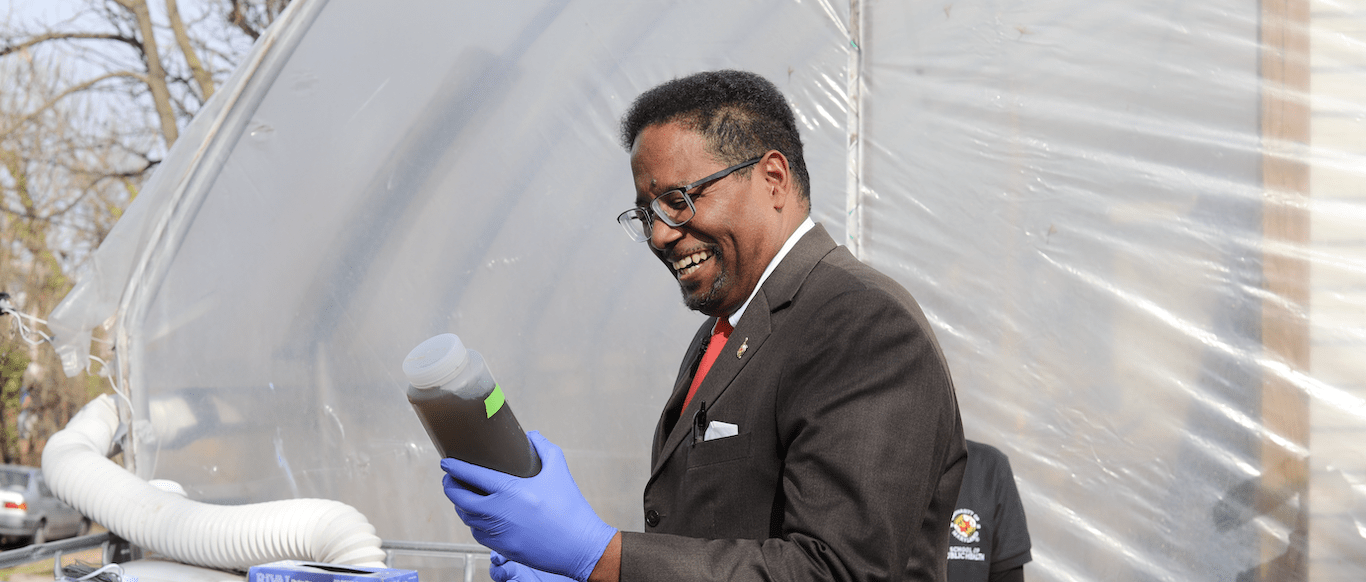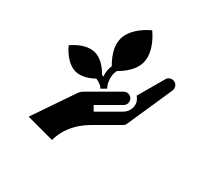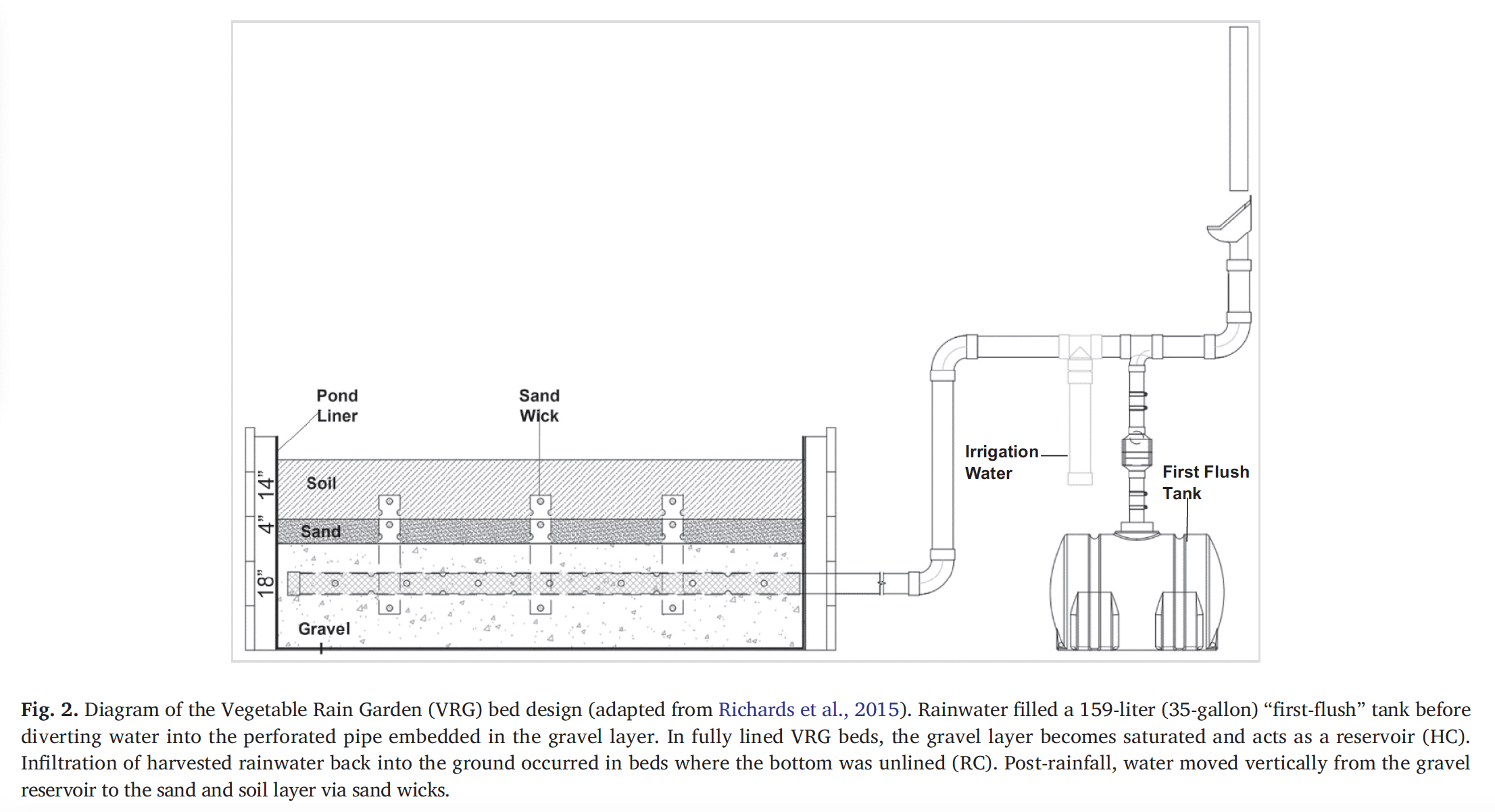Rainwater Harvesting
Safe and informed use of harvested rainwater for Maryland's urban farmers
Project Lead: Dr. Rachel Rosenberg Goldstein
Using captured rainwater rather than municipal water in urban farming has several potential benefits: it conserves aquifers that supply our drinking water, reduces nutrient-laden runoff into streams and the Bay, and may provide benefits to plants that are harmed by the additives in municipal water, like chlorine and fluoride.
The Maryland FEWture team's rainwater harvesting project incorporates data on energy use and nutritional quality to inform best practices in rainwater harvesting for Maryland urban agriculture. This project was supported by Dr. Goldstein's Agriculture and Food Research Initiative Competitive Grant no. 2023-68008-39852 from the USDA National Institute of Food and Agriculture.
Experts currently lack information on the nutritional quality impacts of using harvested rainwater on crops, and energy solutions for urban farms that lack access to the grid. The project will validate harvested rainwater quality used for produce irrigation, test on-farm treatment technologies, conduct comprehensive cost-benefit analyses, and develop innovative Extension programming on rainwater harvesting design, quality, and benefits.
Our project objectives:
- field-test an integrated rainwater harvesting, zero-valent iron (ZVI) sand filtration, and irrigation system and confirms water quality and produce safety
- evaluate environmental, social, and economic costs and benefits of rainwater harvesting for produce irrigation in under-served urban communities
- develop innovative Extension programming on rainwater harvesting design, quality, and benefits
- evaluate how different water types affect the crop microbiome and nutritional quality in: municipal water; untreated harvested rainwater; ZVI sand-treated harvested rainwater; sanitized harvested rainwater
- address energy concerns by adding energy cost and access questions to farmer focus group questions
- conduct a literature review to determine current energy solutions for urban farms across the U.S. and globally
This project achieves Global FEWture Alliance objectives:
Dr. Goldstein and her UMD collaborators recently welcomed UMD President Darryll Pines to Plantation Park Heights Urban Farm to meet its founder, Farmer Chippy. See photos of the event below.
The short video below the photos highlights President Pines' visit to Plantation Park Heights Urban Farm in Baltimore, and two other Grand Challenges sites in Maryland.




